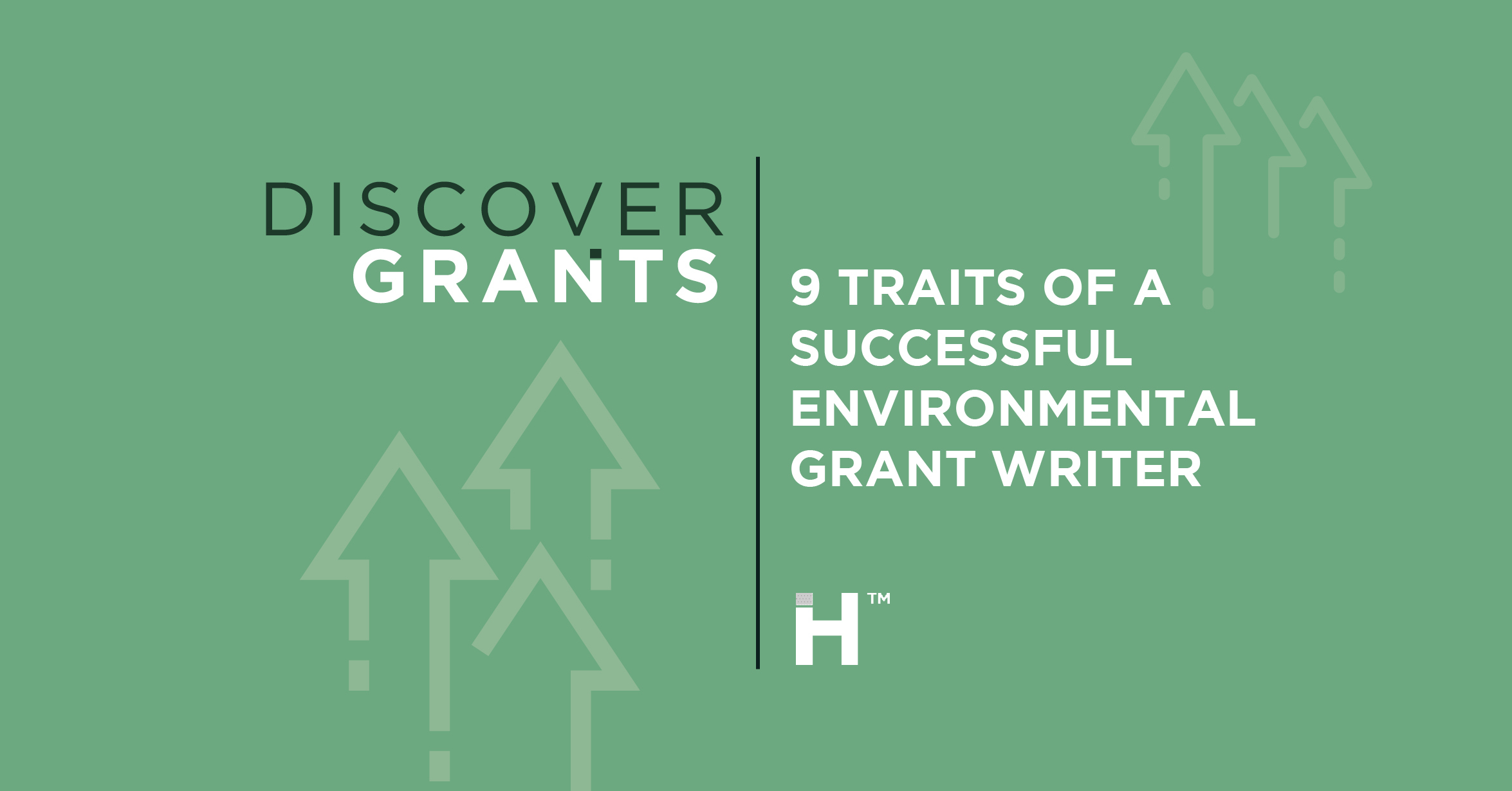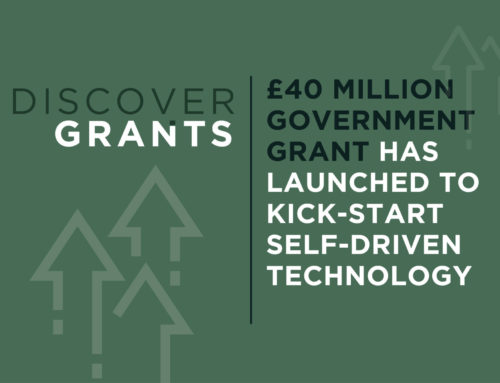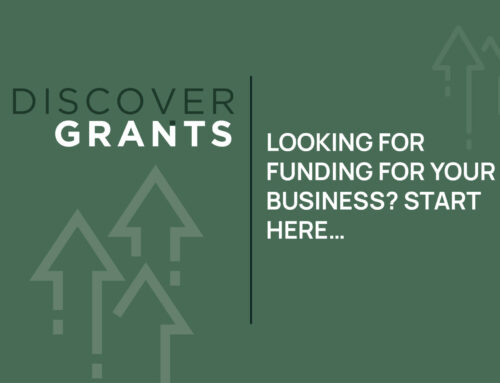Read these 9 tips to help improve your skills in tackling environmental grants
After COP26 in Glasgow, the desire for an environmental Grant Writer is clear. As a planet, we’re focusing more and more on combatting climate change. And becoming an environmental Grant Writer is an important part of this process. With this in mind, let’s go through some tips and tricks to help improve your grant writing.
1. Studying the winners
A good rule of thumb for any environmental Grant Writer is to study the successful applications. What made them stand out? Why were they chosen? What winning features did they present to the grant commission? The closer you get to those answers, the more winning features you can put into your grant.
2. Communicating the environmental impact of your project
What will your project do for the local community? How sustainable will it be? This will be one of, if not the most, important questions the funders will have for you. If you can’t answer it well enough, you’ll have fallen at the first hurdle. This should be one of your top priorities in approaching the proposal.
3. Ensuring your eligibility
- Does your organisation have a website?
- Are you a business or non-profit?
- Do you have experience in the field?
- Is your turnover less than £100,000 per annum?
All these questions and more could be asked of you. Ensuring that you’re prepared and meet these criteria before you apply is critical to success.
4. Contacting the grant commission
It sounds simple, but simply contacting the commission with a list of questions will help you in refining your application. It’ll impress the funder with your initiative and provide you with an edge in knowing exactly what they want.
5. Be realistic about costs
A conclusion every environmental Grant Writer comes to is knowing that grants won’t cover everything. This means that certain costs won’t be covered such as:
- Staff costs
- Overseas travel
- Sponsorship of events.
Ensuring that you’re aware of this can mean that you don’t face disappointment when writing your application.
6. Conveying your plans
If you can’t adequately communicate your plan of action to the grant commission, your chance of success is halved. The commission needs to know exactly what you plan to do, and how you wish to achieve it. A method of doing this is through listing your objectives with an in-depth timeline, documenting your plan of action.
7. Reflecting the funder’s ambitions
The closer you line up to the grant commissions aims, the better. What is the funder’s environmental mission? What are their aspirations? Knowing this would help boost your chances of success in the grant funding process.
8. Feedback
Especially for an environmental Grant Writer, feedback is essential. If you’re not successful in your application, be proactive in asking why! If the grant commission doesn’t offer the feedback, it’s imperative that you ask for it.
Also, it’s important that you don’t take the feedback personally. Think of it as the guide for further improvement. Ultimately, the more feedback you get, the better a writer you’ll become.
9. Proofreading and grammar
As an environmental Grant Writer, you’ll have a grammatical standard to stick to. What this means is that your writing needs to be top-notch, as your fellow grants surely will be. The grant commission won’t take grammatical errors well.
A good way to ensure this is through proofreading. Make sure you’re reading through the document a few times. Get a friend to look through it. If the grant is important enough, outsource your proofreading. All these methods help ensure your grant application is free of grammatical errors that would distract the buyer.
In summary
We’ve reached the end of our blog on tips for tackling environmental grants! For those who need it, here’s a recap of what we covered in the blog:
9 tips to help you write your proposal
- Studying the winners – Have a closer look at why the successful grants won. Why did the grant commission choose them above the competition? Implementing their winning features into your grant proposal.
- Conveying your environmental impact – How exactly will your plan improve the environment.
- Ensuring your eligibility – Make sure that you’re eligible for a grant before you start the application.
- Contacting the grant commission – Take the initiative to contact the funder outside of the application to ask questions.
- Being realistic about costs – Understand the limitations of grants in their coverage of funding.
- Having a plan of action – Send over detailed plans for what you can achieve with the funding provided.
- Reflecting the funders ambitions– Researching the funders mission and business aims and tailoring your proposal to that.
- Feedback – Take feedback on board and using it to improve your writing.
- Proofreading and grammar – Ensure that your grammar is top-notch and that you’re getting friends/colleagues to look over your work.
Need help with writing your bid for funding? We can help.
Grant Writing
Our Grant Writing service is for businesses who want to start bidding for funding, but don’t know where to start. Send it over to our Grant Consultants and they can do it all for you. They have over 60 years of experience and they can even submit it on your behalf.
Get in touch today to find out how we can help your business grow!
Grant Tracker
Our Grant Tracker service hosts all the latest grant opportunities in the UK from 1,500 data points. Opportunities are manually tracked, enabling accurate keyword labelling, optimising your search for the perfect grant.
Sign up now!
Find more helpful tips and advice in our blogs. We cover topics including:





